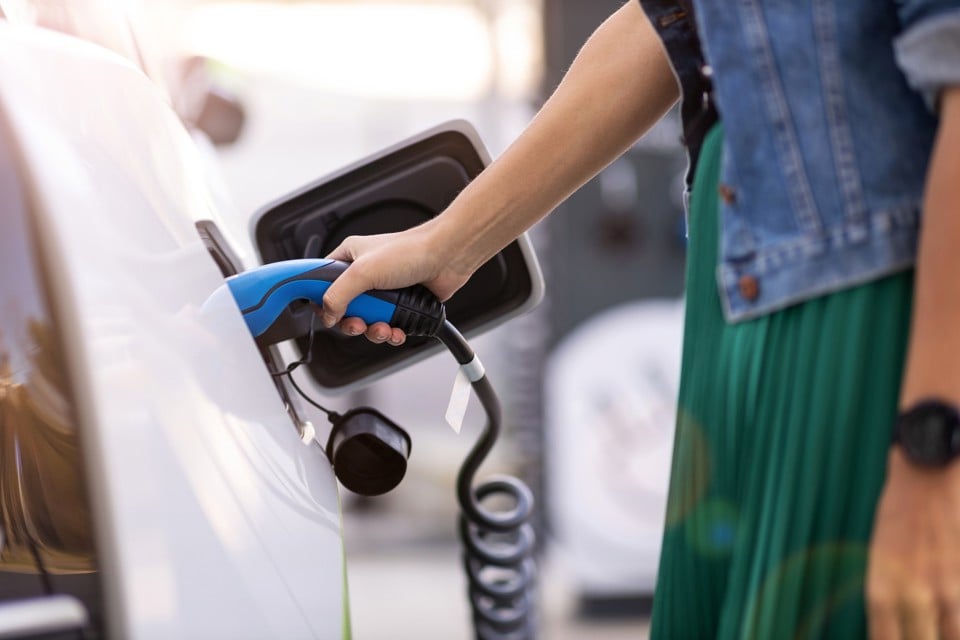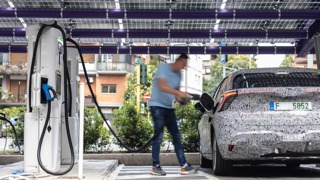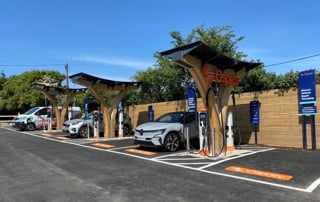FairCharge and the RAC are calling on the Government to decouple the wholesale price of electricity from gas to reduce the cost of charging electric vehicles (EVs).
The current high wholesale electricity price continues to be set by the unprecedented global wholesale price of gas, which has pushed up domestic and commercial electricity bills to record levels and increased charging costs for EV fleets.
FairCharge and the RAC are calling on the Government’s to urgently publish the results of its Review of Electricity Market Arrangements – which closed for consultation last October – so the decoupling process can begin.
The review states that under the current system, gas prices often end up setting the wholesale electricity price because gas-fired power stations are the last source of supply used to meet demand.
However, if decoupling were to happen the growing share of electricity generated from cheaper renewable sources will over time determine the price more often – bringing down energy costs for businesses, consumers and EV drivers, says the RAC.
Dr Euan McTurk, advisor to FairCharge and consultant battery electrochemist from Plug Life Consulting, said: “Bizarrely, it’s currently the case that the most expensive form of electricity generation – gas-fired power plants – determines wholesale electricity prices even though it’s other cheaper sources of power, such as renewables, that make up most of where our electricity actually comes from over the course of the year.
“It would make far more sense for wholesale electricity prices – which ultimately dictate what consumers and businesses pay – to reflect where most of the energy is being generated on any particular day.”
Gas power plants would still be paid what they need to keep operating, explains McTurk, but wholesale electricity prices would plummet instantly by several tens of pence per kWh, cutting home and commercial energy bills – as well as public EV charging costs.
“This could all be done very easily at no expense to taxpayers,” he added.
RAC Charge Watch data shows the average cost of using the very fastest chargers increased by 50% between May 2022 and last month, to 70p (per kilowatt hour) for rapid and 75p for ultra-rapid.
RAC EV spokesperson Simon Williams said: “It’s very important that enthusiasm for electric vehicles isn’t dampened in the run-up to 2030 when the sale of new petrol and diesel cars comes to an end.
“The fact electricity has gone up in price quite dramatically due in the most part to the wholesale price of gas shooting up as a result of the war in Ukraine is a sign that action needs to be taken to change this for the benefit of households and businesses, and to guarantee the electric car revolution stays on track.
“We urge the Government to publish its consultation findings as soon as possible, to act on the findings and improve the way the wholesale electricity price is worked out.”
FairCharge is also campaigning to get the 20% VAT charged at public charge points reduced to match the 5% levied on domestic electricity.
FairCharge and the RAC believe this is an unnecessary barrier to switching to an electric car for the estimated third of people who aren’t able to charge an EV at home as they would have no choice but to rely on the public charging network.






















Login to comment
Comments
No comments have been made yet.